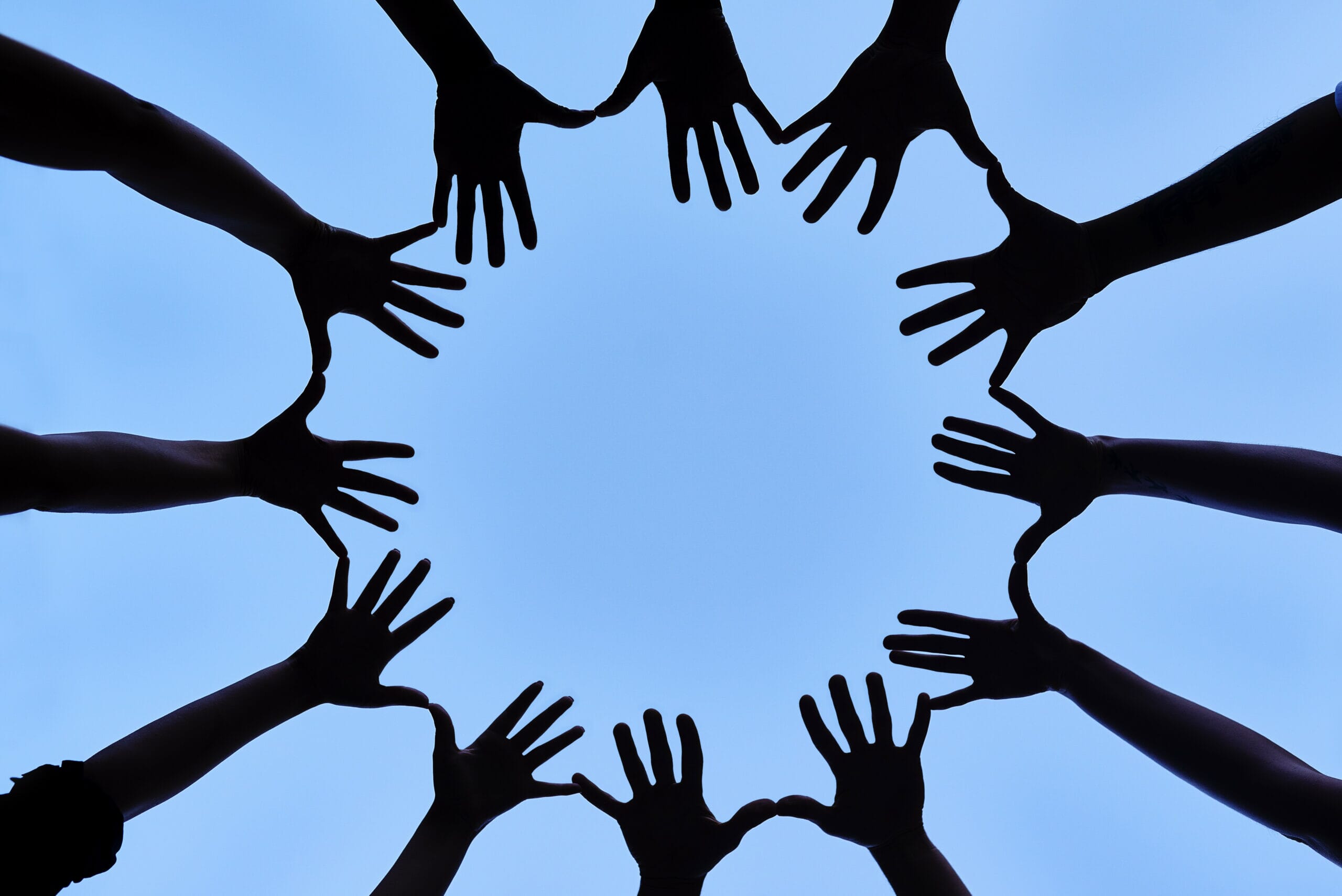The 100th monkey effect explained
A story about influence...
There’s one question we’re often asked: what’s the story behind your name?
Google ‘the 100th Monkey effect’ and you’ll find aplenty. But put simply, we like to think of it as how an idea, a narrative, or a message becomes accepted as a truth. It is a story about influence.
Reaching a critical mass
The hundredth monkey phenomenon dates back to studies in the 1950s which followed the behaviours of macaque monkeys on the Japanese island of Koshima. One day the primatologists noticed that a young female monkey, perhaps fed up with the residual taste of grit in her mouth after mealtimes, was washing her sand-encrusted potatoes in the sea before eating them.
Her family watched on, and followed suit. Then her playmates. Then their families. One-by-one, over several years, this change spread within the troop.
Monkey no.100 to adopt the behaviour is what is now described as the point at which ‘critical mass’ had been reached … the tipping point for thousands of other monkeys to follow suit, the idea transformed from being an exception to the norm.
How it relates
The story caught our eye when we were naming our company. Not because of an obsession with monkeys, or potatoes. But because this theory can be considered in light of every change or idea we try to share in our working lives, and every social movement, big and small. Why and how was it that drink driving finally became socially unacceptable? What were the messages that changed public perception on smoking once and for all? When will – or has? – the climate crisis cut through to genuinely change behaviours? Is it simply a numbers game? Or is there more to it, deeper levels of communication and influence afoot?
Postscript
It is only right to acknowledge that we also chose the name because it is ‘stand out’, and to this day we continue to take the monkey monikers coined by our clients – e.g. “the monkey people”, “wise monkeys”, “monkey business” – with pride and good grace 🙂
